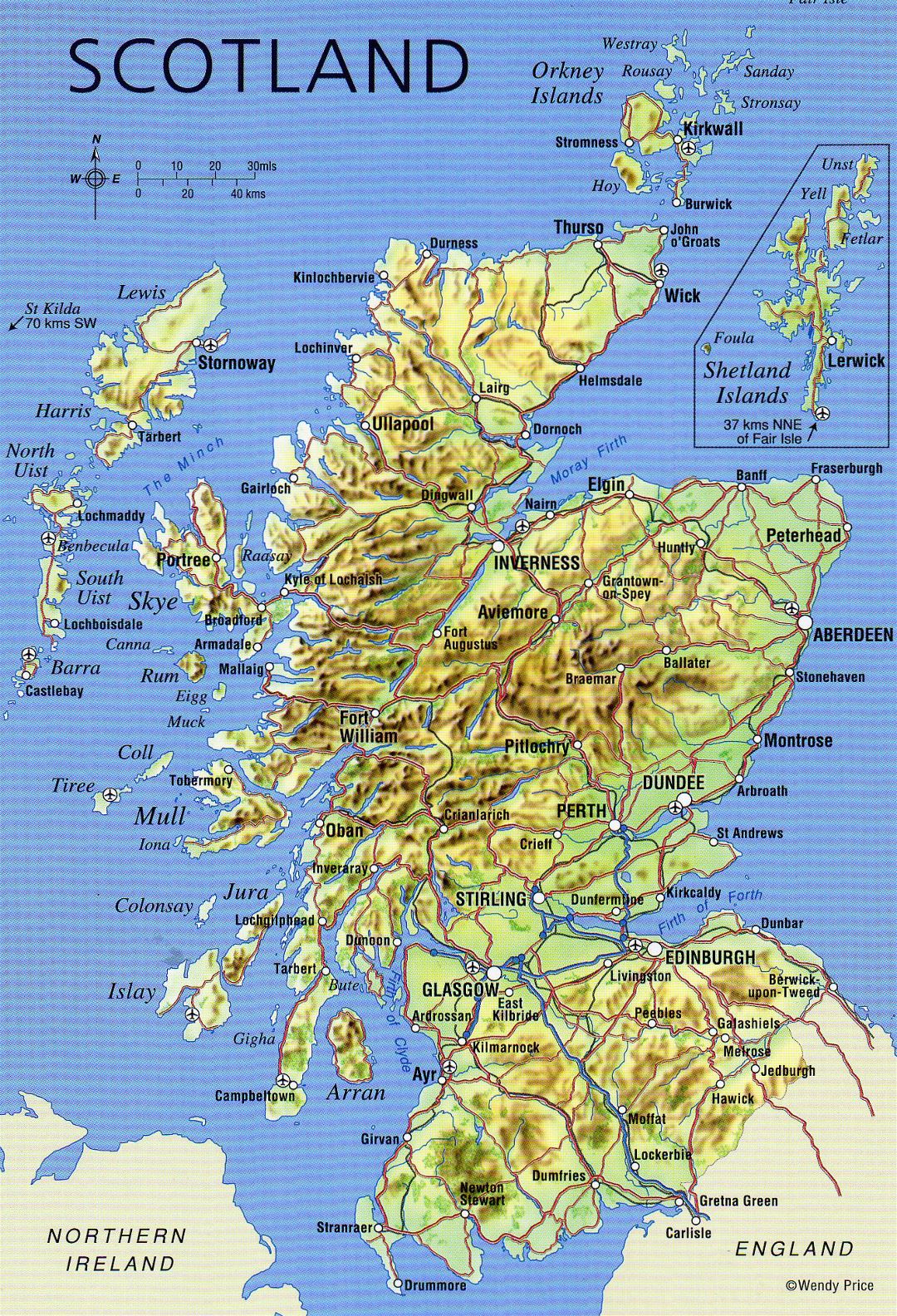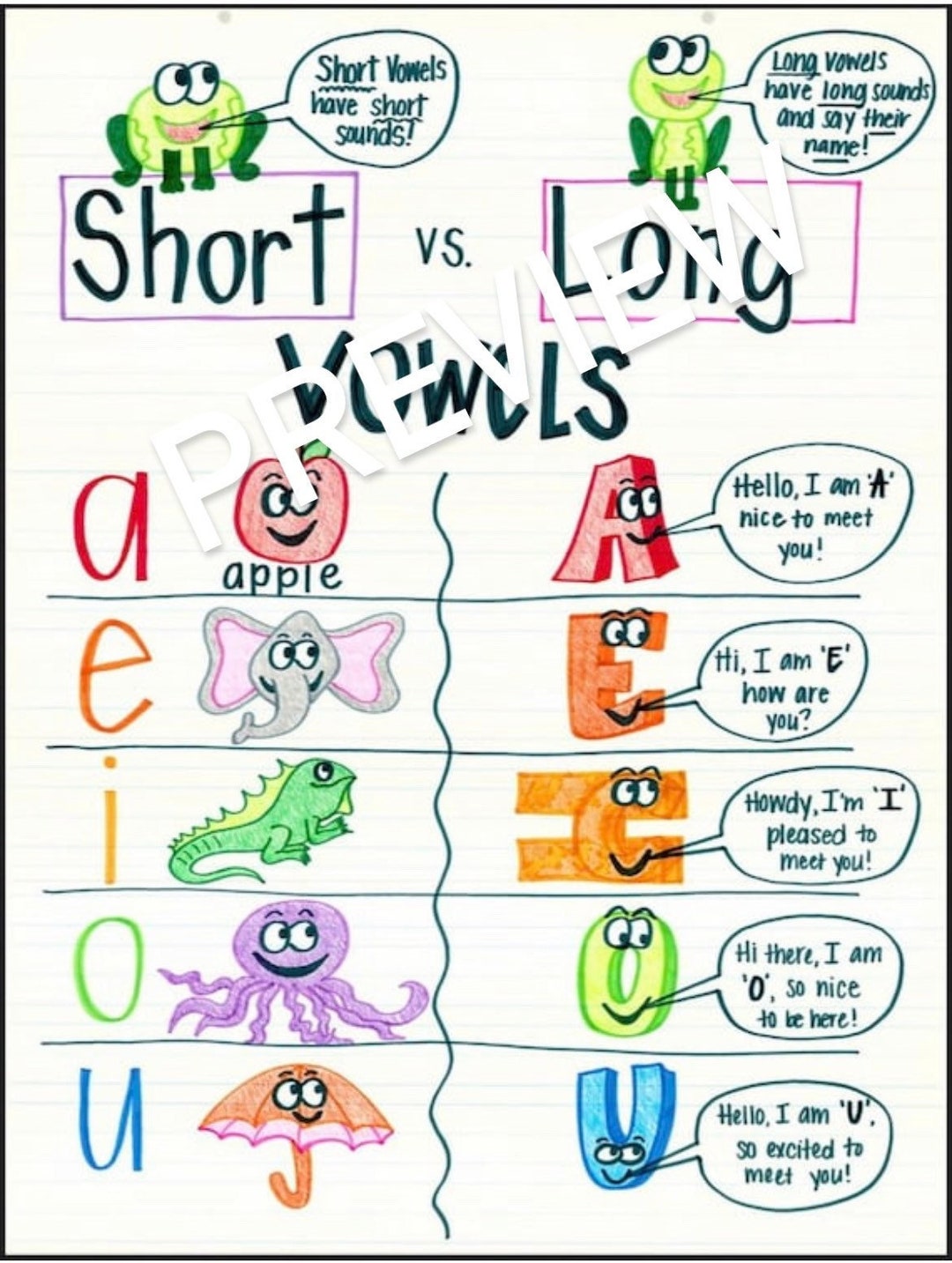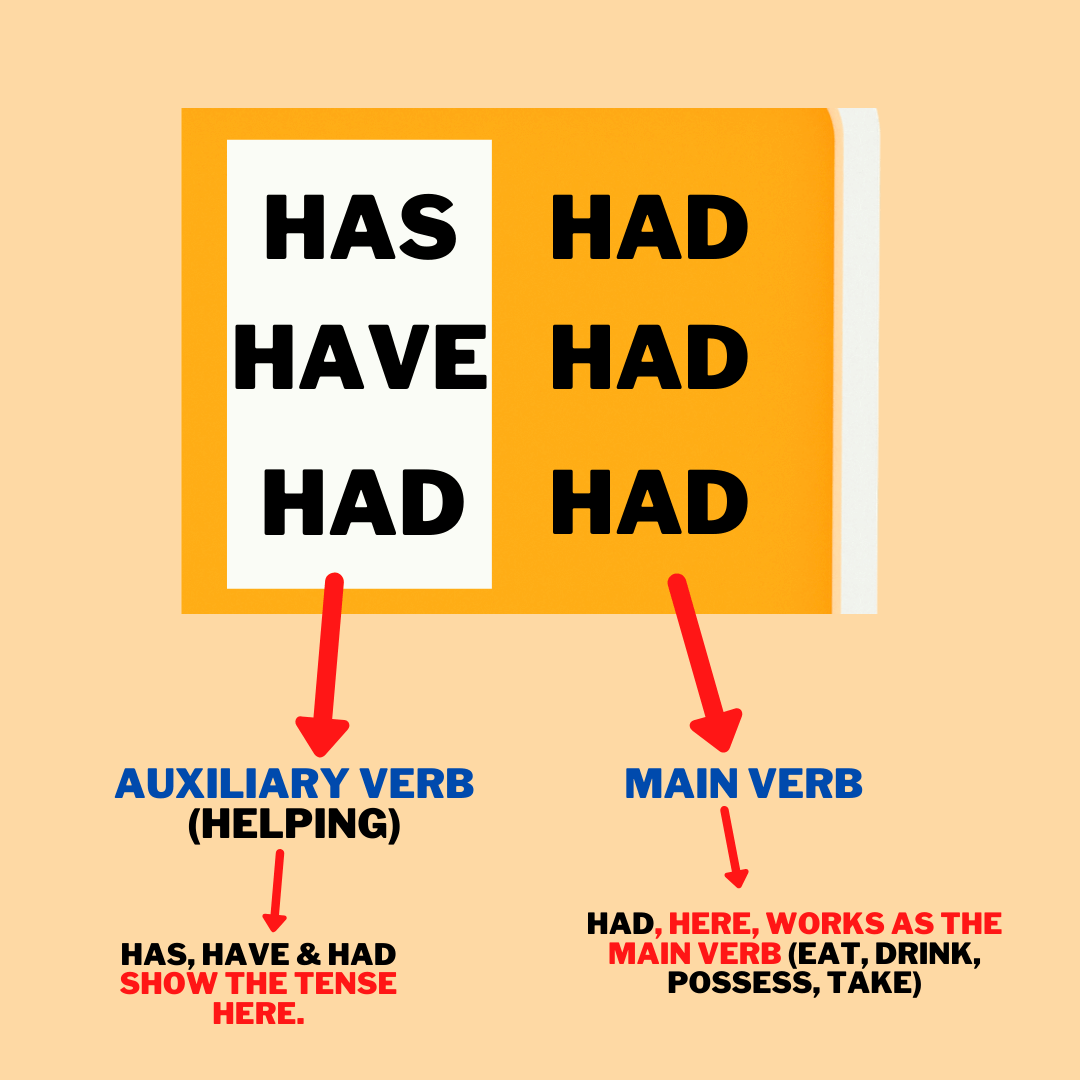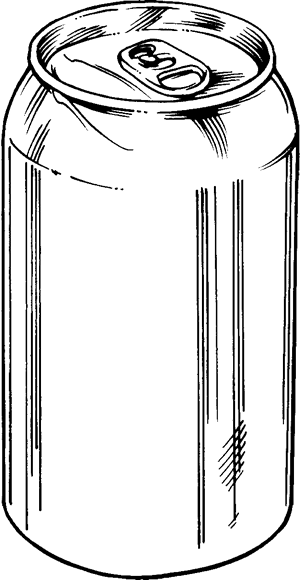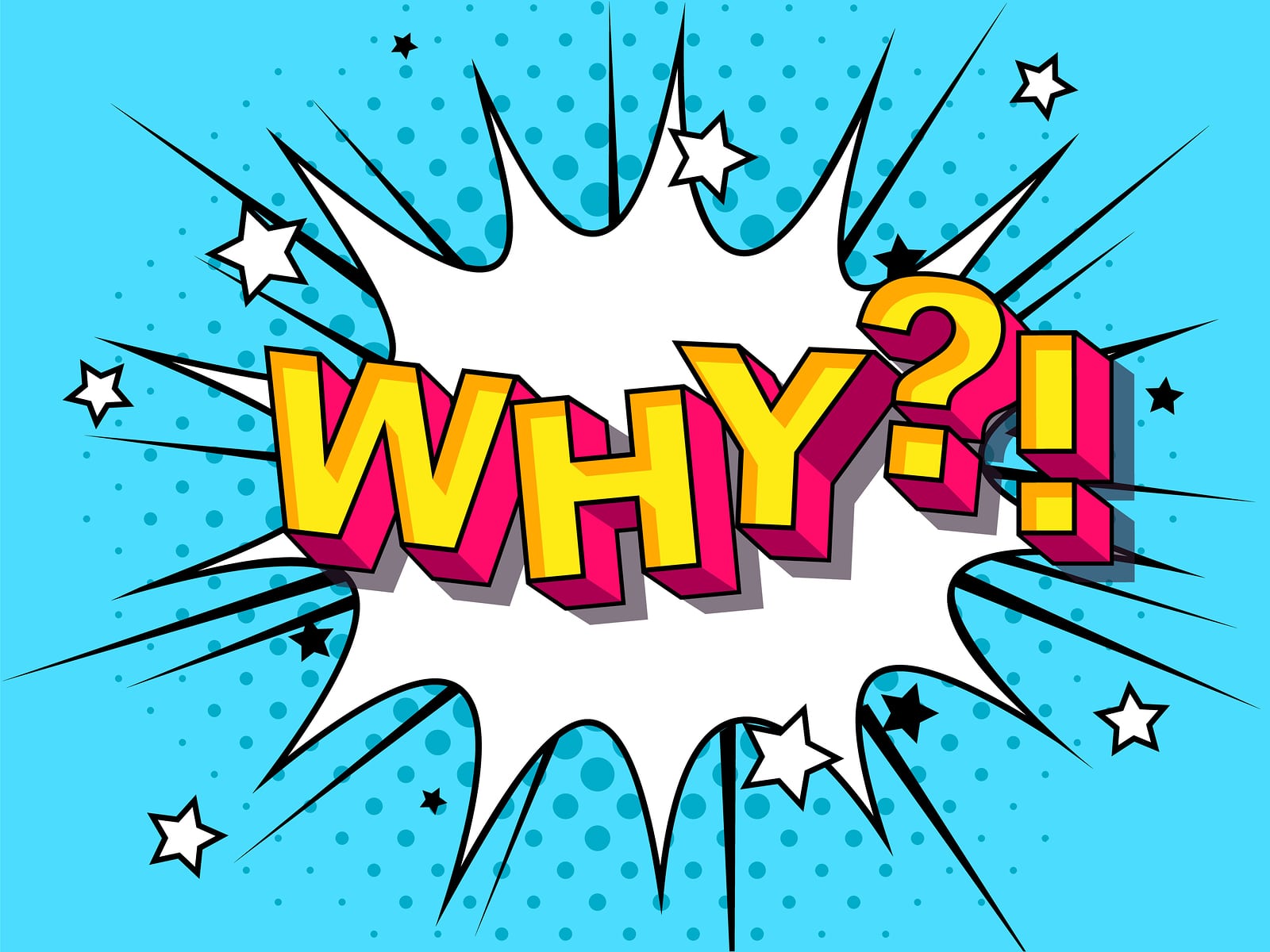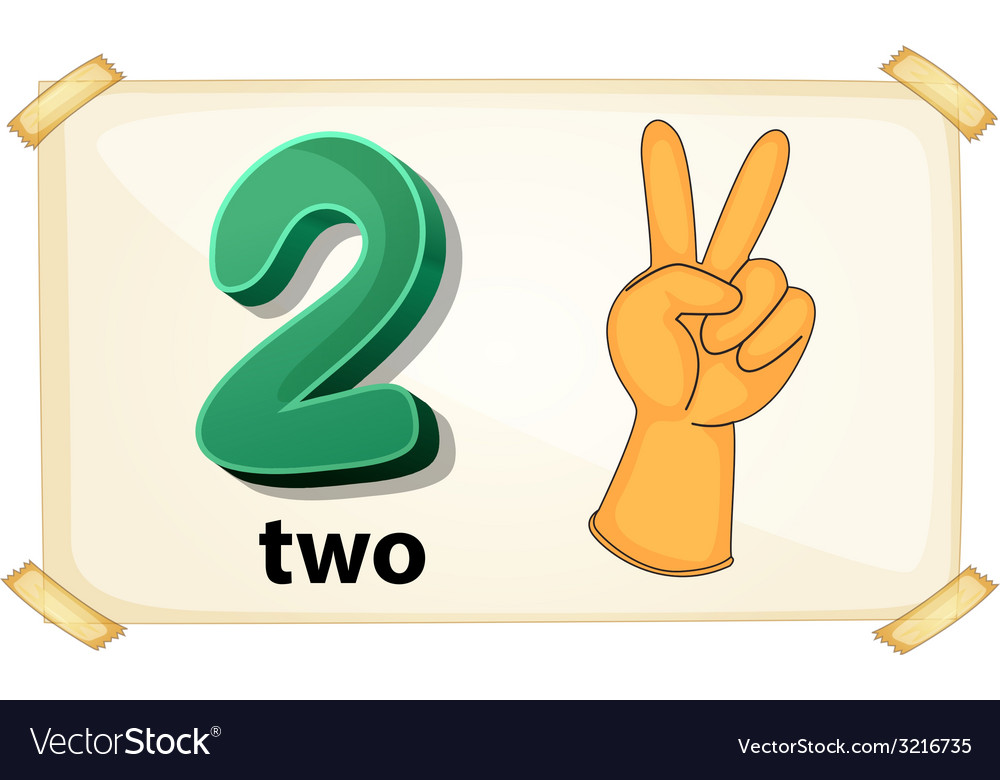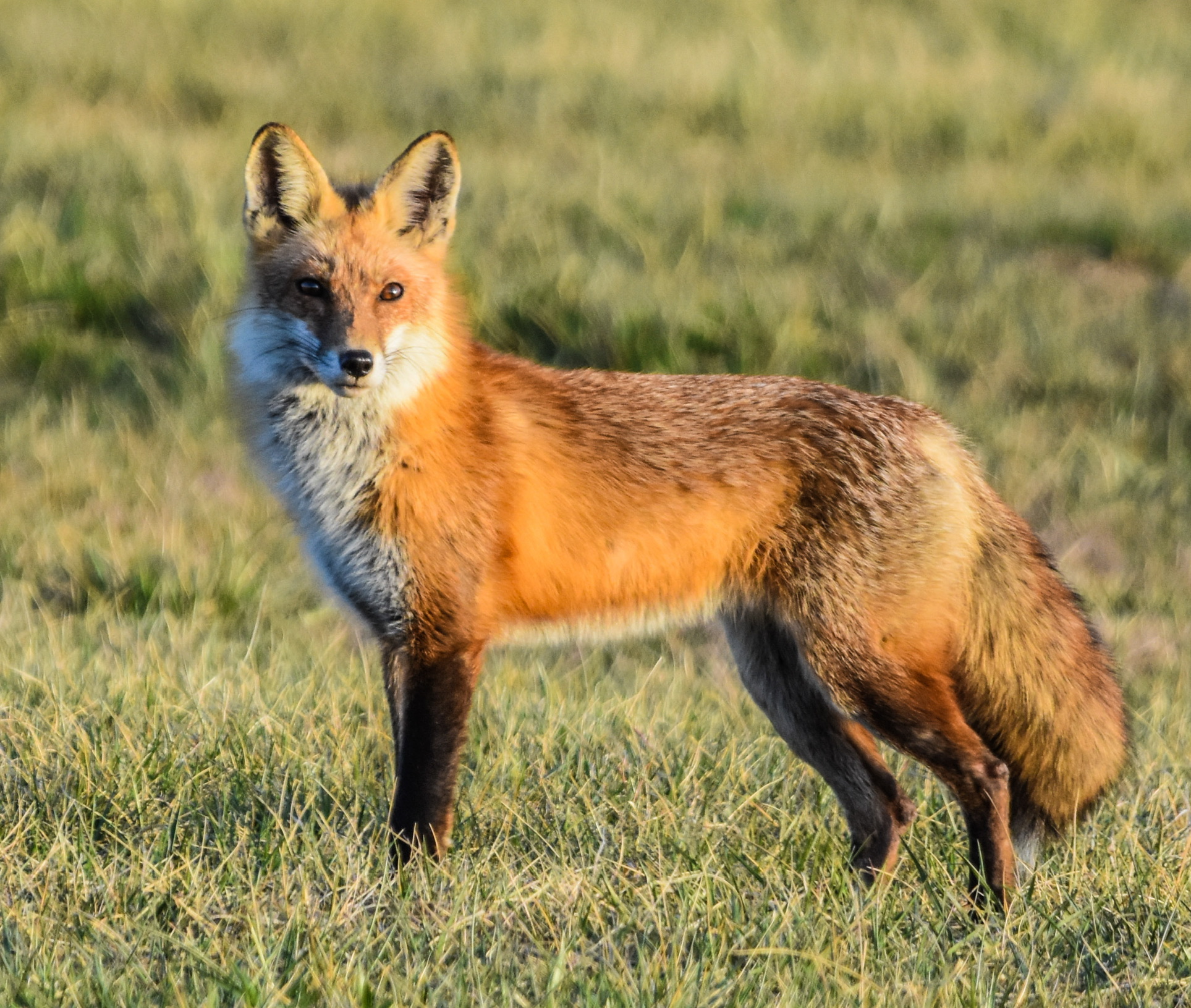Dark Arts: Understanding the Controversial Magical Practices
What are the dark arts?
The dark arts typically refer to magical practices intend to harm, manipulate, or control others. These controversial practices include black magic, necromancy, curses, and forbid rituals that violate natural or divine laws. Throughout history, various cultures have defined dark arts otherwise, much associate them with taboo knowledge, malevolent spirits, or supernatural powers use for selfish or harmful purposes.

Source: occultissimo.com
Historical context
Dark magical practices have existed ialmost everyry civilization. AnciEgyptiansians create curse tablets, while medieEuropeanprimfiresires contain instructions for summon demons. The persecution of suppose practitioners during witch trials stem from fear of these forbid powers. Historical texts like the
Mallets malefic arum
Codify beliefs about harmful magic and its practitioners.
Cultural perspectives
What constitute” dark ” agic vary importantly across cultures:
- Western traditions oftentimes distinguish between white (beneficial )and black ( (rmful ) )gic
- In odor and similar traditions, the same powers can heal or harm depend on intention
- Some eastern practices view certain rituals as necessary for maintaining cosmic balance quite than inherently evil
Modern interpretations
Today, the concept of dark arts appear inward:
- Popular fiction (notably in works like hHarry Potter)
- Occult communities with vary ethical frameworks
- Psychological interpretations view dark arts as manipulation techniques
- Academic study of historical magical practices
Ethical considerations
The ethical debate around dark arts centers on intent, consent, and consequences. Modern practitioners of various magical traditions typically emphasize personal responsibility and ethical frameworks that prohibit cause harm. Psychological manipulation techniques are oftentimes considered mode” ” dark art” when used to control or exploit others without consent.
Psychological perspective
From a psychological standpoint, belief in dark arts much relate to:
- The human need to explain misfortune
- Power dynamics in societies
- The appeal of forbidden knowledge
- Desire for control in uncertain circumstances
Dark arts in popular culture
The concept has been extensively explored in literature, film, and other media, reflect society’s continued fascination with forbidden knowledge and power. FromFaustt to modern horror films, dark arts represent temptation, corruption, and the dangerous pursuit of power without wisdom.

Source: blog.threadless.com
MORE FROM visa4visit.com

